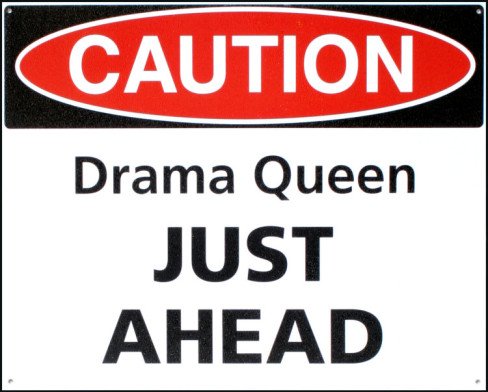
A reader asks: Is it possible to enjoy feeling bad, and if so, what is the psychology behind that phenomenon?
There are people who enjoy feeling bad. They won’t usually put it this way, but they do.
Actually, I wouldn’t label it ‘enjoyment.’ I’d call it more an affirmation of the way they see life.
Some people, for whatever reasons, see life as a fundamentally malevolent, unhappy vale of tears. Not just their experience of life, but life by its very nature.
There can be many reasons for this state of mind. The reasons are not limited to poor circumstances, because people with pretty good or even excellent circumstances sometimes end up looking at life this way. And there are people with difficult circumstances who do not look at life this way.
Whatever the cause of this malevolent, gloomy sense of life, affirmation that their worst assumptions are true brings a certain satisfaction to certain people, at times.
It’s not a state of serenity. Quite the opposite. It’s more an attitude of, ‘A-ha! I knew life was awful. And this proves it.’ What you see as ‘enjoyment’ of pain and suffering is actually something like that.
Philosopher Ayn Rand defined happiness as a state of noncontradictory joy. It stands to reason that the person who perversely ‘enjoys’ feeling bad obviously suffers from a contradiction. The irrational belief is that life—by its very nature—makes the achievement and attainment of values impossible, at least for him- or herself.
By ‘values’ I mean earthly, this-worldly satisfactions. Yes, that includes food and shelter, but also career fulfillment, productive achievement and love.
The impossibility of attaining values in life is plainly not true. Many people achieve and accomplish goals in life, and evidence is present for all to see.
Of course, a malevolent person will view this evidence as more proof that his own life is an inevitable vale of tears. ‘Sure, others can produce things and be happy. But not me. Because life is unfair.’
Affirmation of one’s malevolent sense-of-life is not the only cause of ‘enjoying’ misery. Another cause is the widespread, though false, idea that suffering constitutes virtue. A lot of this comes from traditional religion, but there are many nonreligious people who hold this false premise, as well (and not all religious people do.)
Most people want to feel that they’re virtuous. If they really buy into the idea that suffering is a sign of virtue, then they’ll actually feel gratification when they suffer. Often, they’ll make sure others know of their suffering too. This gives ‘public reality’ to their virtue, which means that if others know they’re suffering (according to them), then it’s true.
This explains the phenomenon that many psychotherapists have noted. It’s called the ‘ain’t it awful’ syndrome. Therapists have observed that some people just like to talk to a counselor, not to really solve problems, but merely to talk about how awful everything is. Sometimes they’ll even pay good money to do this, for years on end, not seeming bothered by the lack of progress, even if the therapist is bothered. Such individuals almost seem to enjoy their suffering, and the therapist’s witness to this suffering helps them feel, in some sense, virtuous if not ‘accomplished.’
I blame all this on the prevalence of the idea that self-sacrifice is the ideal. The ethics that upholds as moral perfection Mother Teresa deliberately living in poverty with others, or Jesus Christ suffering on a cross, will inevitably—in psychological terms, and if taken seriously—lead to a sense of life that grants suffering top billing.
It’s in this emotional context that so many revel or even wallow in their suffering, as if doing so constituted an act of virtue.
Be sure to “friend” Dr. Hurd on Facebook. Search under “Michael Hurd” (Rehoboth Beach DE). Get up-to-the-minute postings, recommended articles and links, and engage in back-and-forth discussion with Dr. Hurd on topics of interest.
